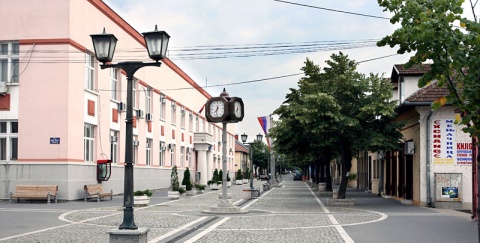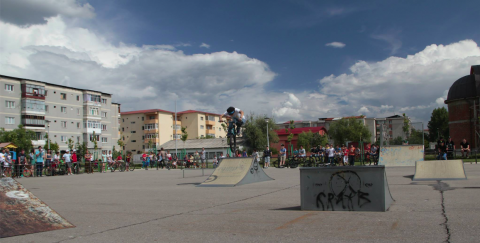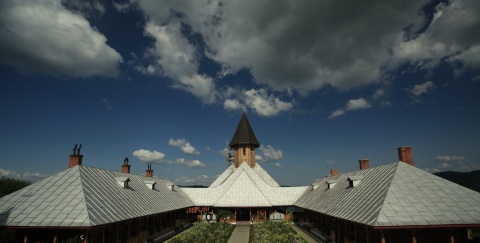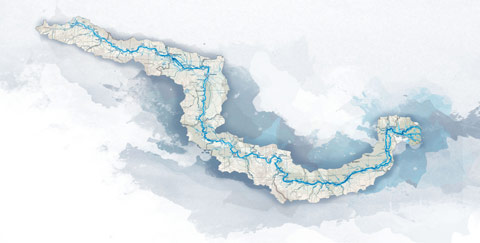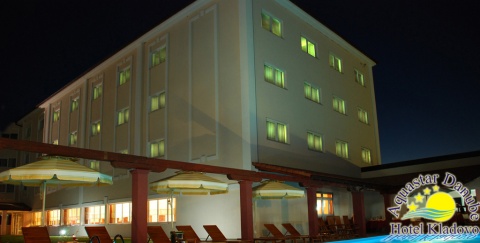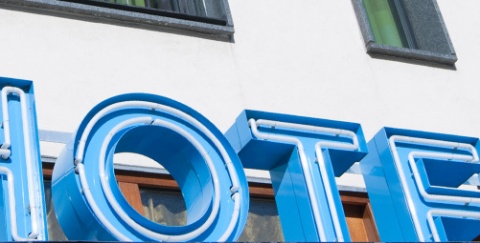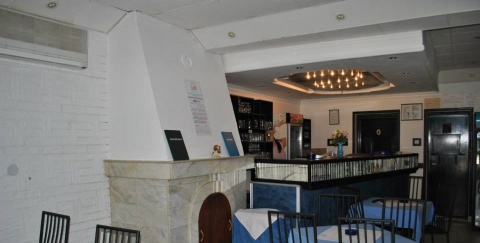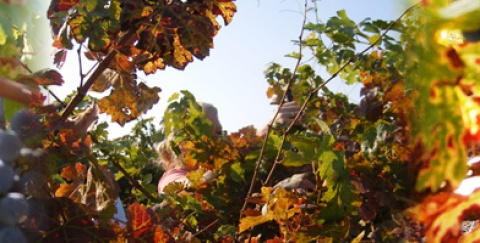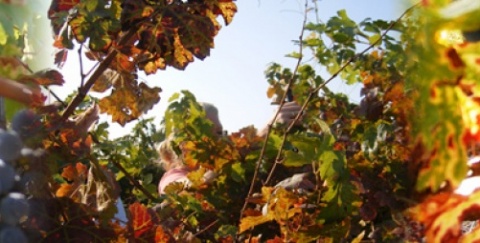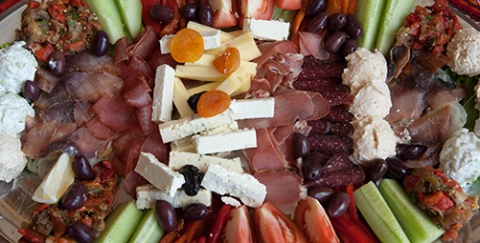
Location:
Diana is on the banks of the Danube near Karatas, in the vicinity of Kladovo; Pontes is near Kladovo, 3 kilometres east of Kostol (village), Trajan’s Bridge is at Kostol; GPS N 44°38`27” E 22°33`25”
Information:
Tourist Organisation of Kladovo
Dunavska 16a, 19320 Kladovo, Serbia
re./fax: +381 19 801 690
Tourist Info Centre
Kralja Aleksandra 15, 19320 Kladovo
tel: +381 19 801773
National Archaeological Museum Đerdap
Trg Kralja Petra bb, 19320 Kladovo, Serbia
tel: +381 19 803900
Hours: Tue–Sun: 10.00–17.00, Mon: closed
Đerdap National Park
Visitor Centre, Kralja Petra I 14a, 19220 Donji Milanovac
tel: +381 30 590788, fax: +381 30 590877,
Hours: Mon–Sat: 7.00–15.00, Sun: closed
Attraction is opened all year round (for guided tours it is necessary to reserve). The entrance fee is paid through ticket price: adults 2€, school children 1€, group ticket per person 1€.
Infrastructure:
Parking, souvenir shop, public toilets. Visitor center, interpretative center, billboards, signs, printed guides, printed brochures, video, electronic guides, theatrical performances, roles plays, concerts
Key characteristics of the attraction:
1. Discoveries visible on the site: the main points of the grid-pattern streets/viae of the first of the Roman limes fortress quadrangular shape date from the I to III century AD, rebuilt and renovated in stone from Traian's time (101 AD), including large headquarters square building/principium in the centre,19 inside square towers and 4 gates, placed with symmetrical position, military barracks, storehouse for grain/horreum…, the Late Roman and Early
Byzantine enlarged fortress with an annex and exterior towers, with many of new (re)constructed large building, dated from III-VI century AD
2. Traces of the earth-timber-stone structures (vallum-fossa type) of the earliest Roman military camp (CI) and river crossing base, established from BCI/IAD (August-Tiberian-Claudian time)
3. Traian (re)built in stone and solid materials, dismantling the previous timber/earthen structures, erected during his predecessors. Diana has classical fort-plan, designed to house and protect the mix-troop and their equipment and supplies
4. Traian (re)built in stone and solid materials, dismantling the previous timber/earthen structures, erected during his predecessors. Diana has classical fort-plan, designed to house
and protect the mix-troop and their equipment and supplies
5. Roman stone walls and rampart, towers, arch-gates, streets, buildings…dated from the AD I/II, II, II/III, III, III/IV, IV, IV/V to the VI century
6. Fine architectural elements, building materials and techniques used for construction visible or invisible disappeared grandiose, fascinating structures, arches, gates, roads, templesaedes, porticoes…
7. Fine architectural elements, building materials and techniques used for construction visible or invisible disappeared grandiose, fascinating structures, arches, gates, roads, templesaedes, porticoes…
8. Traian's famous commemorative inscriptions found at Diana river-bank road Via Traiana, close to fortress is unique and first class information for Roman-limes history and undoubtedly confirmed the Traian's Canal (101 AD)
9. Votive inscription with the name of the Statio Cataractarum Diana
10. Via Trajana as a model of the first spatial or architectural planning
11. Excellent natural strategic military fixed position changeless through six centuries
12. Remarkable artifacts (the best preserved Latin inscription, military equipment, fine pottery and sculptures, coins, jeweler…)
Supporting tourist fascinations:
1. River Danube, from the Black Forest to the Black Sea 2,857 kilometers long, the most important river in Europe, the most internationalized river in the World, with the most spectacular
landscape scenery especially in the Iron Gate Gorges/Djerdap (Serbia/Romania)
2. Iron Gate Gorges/Djerdap - the Chasms, a spectacular narrow ravine of the river Danube with the mountain rocky massive Strbac, rising vertically, on the either side, and Trajan's relief inscription engraved on it's right side (Serbian bank), 1900 years ago
3. HEPP Djerdap I: Hydroelectric and Navigational System and multipurpose Construction erected on the 943rd kilometers from the mouth of river Danube (from the Black Sea), on the rocky-profile of the Gorge's (Iron-Gate-Cataract-Karatas), built between 1964-1970
4. Kladovo Middle Ages fortress (Fetislam) one of the several medieval fortresses and towns erected and rebuilt between XII/XIV to XVI/XIX centuries, on the right river banks, in Serbia (Fort Elisabeth-Gradac hillfort/Djevrin, Kladovo Castle and fortress Fetisalam), Turnu Severin, on the left river bank or/and on the islands (Ada Kaleh/Simian, Banului…)
5. Archaeological museum of the Iron Gate/Djerdap, in Kladovo, with exhibition of the archaeological mass-collections that came from the flooded river-bank landscape of the Danube, from the broader excavated Iron Gate Region (Golubac-Kladovo-Prahovo)
How to get there:
• Plane
Belgrade Airport Nikola Tesla
• Bus
Kladovo Central Station
phone: +381 19 808 457
• Car
About 100 m from Belgrade-Tekija-Kladovo road, 8 km before Kladovo and about 250 km from Belgrade via M25 regional road
• Train
Railway Central Station Kladovo
• Boat
Kladovo port
• Bicycle
Eurovelo 6 route, (part of the Eurovelo network established by the European Biking Federation) follows the Loire and Rheine rivers, and continues to the mouth of the Danube.
DANUBE.TRAVEL has no control over the website content generated by users and/or visitors, neither such content represents a statement, opinion, recommendation or rating by DANUBE.TRAVEL. For further information please refer to DANUBE.TRAVEL – General Website Terms and Conditions of Use.
Places near this location
Where to stay
Dine and wine
Wines and wine making for the enthusiast in the Vidin region
A wine holiday for the amateur or enthusiast. A h...
 EN
EN DE
DE
